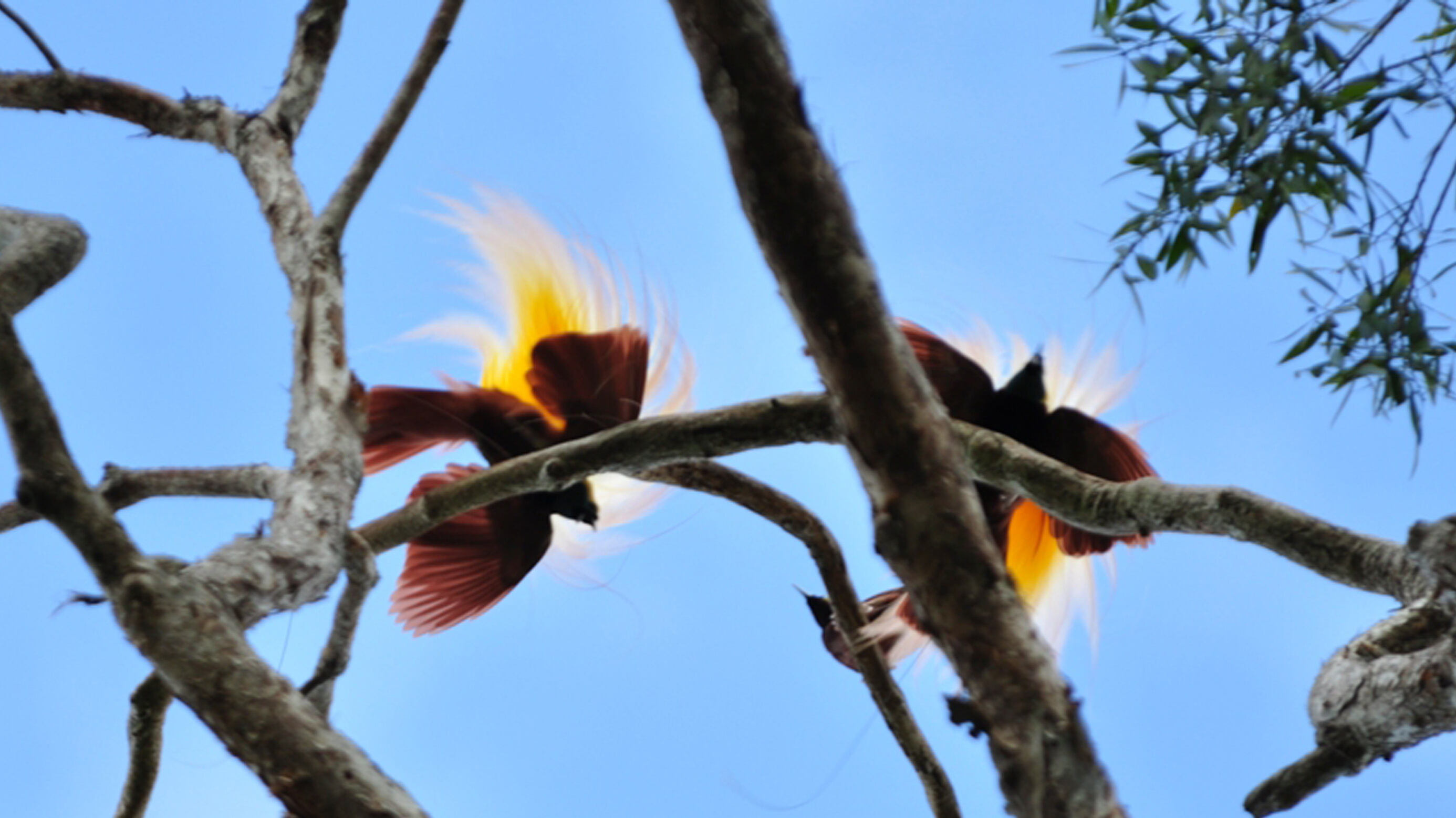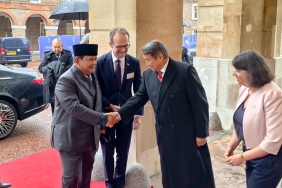PIPB REGIONAL COMMITTEE AND WWF-INDONESIA KICK OFF LOW-EMISSION LAND GOVERNANCE PROJECT
Jayapura, March 12, 2019 - The Papua Provincial Government through the Regional Commission on Climate Change and Sustainable Development of Papua Province (KOMDA-PIPB) and WWF-Indonesia as a strategic partner held a kick-off meeting for the Preparatory Project for Low Carbon Jurisdictional Development in Papua, Indonesia: Institutional Arrangements and Strategic Interventions. The project is a mandate from the Governor Climate Forum (GCF) Secretariat, where Papua Province is one of the initiators. An initial meeting attended by relevant agencies in Papua Province, representatives of the Biak-Numfor-Supiori Forest Management Unit (FMU) and Yapen FMU, and development partners aimed to build understanding and commitment of the parties in supporting the implementation of this project.
GCF exists as part of the commitment of governors whose territories still have extensive forest cover to contribute to improving CO2 emissions, especially those from land use change. Papua Province with an area of 31,406,664 ha, is one of the provinces that has a fairly large natural forest cover among GCF members.
In Papua, there are two FMU locations that are the focus for the project model. The two model FMUs are KPH Biak-Numfor & Supiori and KPH Yapen Islands. Through this activity, it is expected that the two KPH models will commit and agree to become GCF project models for the next 18 months.
The Governor of Papua, Lukas Enembe. S.IP, MM, in his opening remarks stated that the establishment of FMUs in Papua faces different challenges from other provinces in Indonesia. FMU establishment is based on customary land ownership rights and traditional values that are the identity of the Papuan people. This condition is also supported by the fact that of the nearly three million people in Papua, 84% depend on forests for their livelihoods, including the social and cultural benefits derived from forests. Most of them are considered poor and social conflicts can easily occur if FMU planning does not consider the dependence of Papuans on forests. Special autonomy for Papua Province in Indonesia under Law No. 21/2001 gives the provincial government full authority to govern Papuans in accordance with their aspirations and traditional rights.
Furthermore, he encouraged the involvement of stakeholders from various sectors at the provincial level down to the district, sub-district and village levels to be able to participatively implement the planned activities. It is hoped that through the full support of stakeholders, the Papua provincial government can contribute to sustainable land use efforts and support national and global commitments to reduce CO2 emissions and address climate change. Furthermore, the Governor hopes that the success in these two FMUs can be replicated to other FMUs in Papua Province.
Similarly, Director of WWF-Indonesia Papua Program, Benja V. Mambai on the same occasion argued that the majority of CO2 emissions in Indonesia come from land use change, so the land-based sector has been set as a priority to meet national emission reduction targets. In Papua, forest governance experiences many challenges such as deforestation and forest degradation due to illegal logging, so low-emission development is expected to be able to answer these challenges. Benja further said "This low emission forest governance program certainly considers land characteristics, forest types and functions, watershed conditions, social, cultural and economic and customary institutions, including customary law and customary territorial boundaries in Papua."
-Finished-





